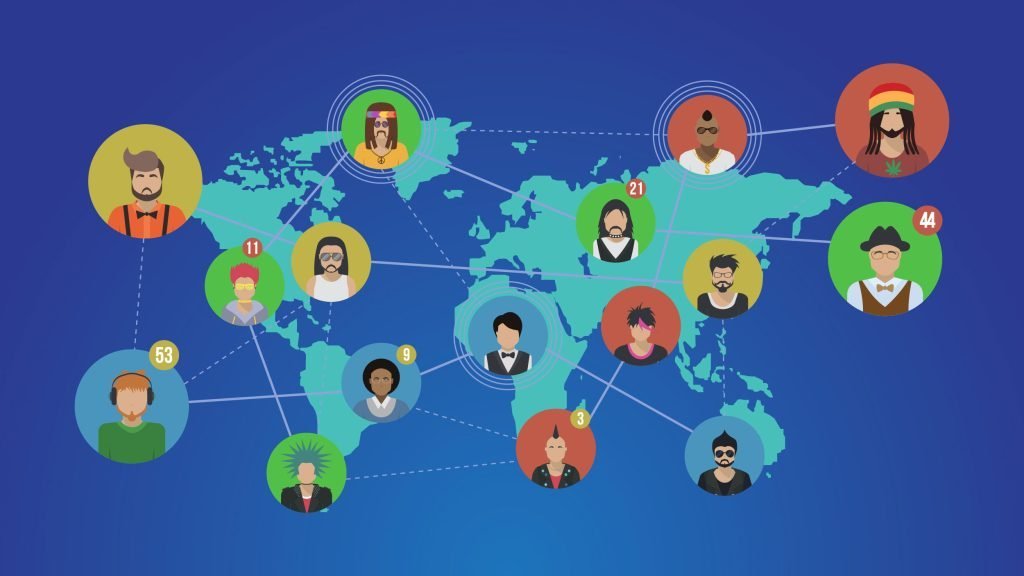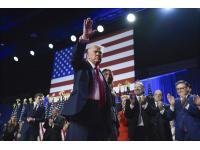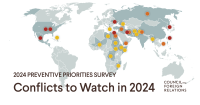In the intricate tapestry of modern society, media stands as a pivotal force shaping political discourse, serving as both a conduit and a catalyst for the exchange of ideas, information, and ideologies. Its influence is undeniable, weaving narratives, shaping public opinion, and molding the landscape of political conversations.

-
A Historical Lens: Media's Evolution in Politics The relationship between media and politics traces back through history. From the advent of the printing press to the digital age, media has evolved, transforming the dissemination and consumption of political information. Each technological leap has redefined how political messages are communicated and received.
-
The Power of Framing: Media's Narrative Construction Media doesn't merely report events; it frames them. Through editorial choices, tone, and emphasis, media outlets construct narratives that influence how the public interprets political events. The framing of stories influences perceptions, ideologies, and even policy debates.
-
Navigating Bias: Understanding Media's Partisanship Media bias, whether perceived or real, plays a substantial role in political discourse. Bias can be explicit or subtle, influencing public opinion by selectively presenting information. The polarization of media outlets often leads to echo chambers, where individuals seek out information that aligns with their beliefs, reinforcing existing opinions.
-
The Digital Sphere: Social Media's Political Influence The rise of social media has revolutionized political engagement. Platforms like Twitter, Facebook, and others have democratized information dissemination, allowing individuals to participate in political discourse. However, they've also given rise to echo chambers, misinformation, and the rapid spread of unverified news.
-
Navigating Disinformation: The Menace of Fake News Fake news and disinformation pose significant threats to informed political discourse. The deliberate spread of false information aims to manipulate public opinion and undermine trust in credible sources. Strategies to combat fake news involve media literacy, fact-checking, and responsible sharing of information.
-
Ethics and Responsibility: Upholding Integrity in Reporting Upholding ethical journalism standards is fundamental for maintaining the integrity of political reporting. Objective reporting, fact-checking, and transparency in sources are crucial to ensure the accuracy of information and trust in media outlets.
-
The Informed Citizenry: Empowering Individuals in Media Consumption In a media-saturated world, critical consumption becomes paramount. Encouraging individuals to seek diverse sources, analyze information critically, and cultivate media literacy empowers them to navigate the complex web of political information.
-
Conclusion: The Nexus of Media and Democracy In essence, the influence of media on political discourse is both profound and intricate. Its role in shaping public opinion, framing narratives, and fostering dialogue underscores its significance in a healthy democracy. However, it's imperative for individuals to approach media consumption critically, thereby ensuring an informed and engaged citizenry.







